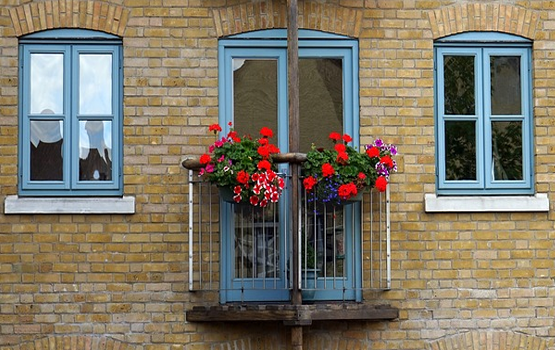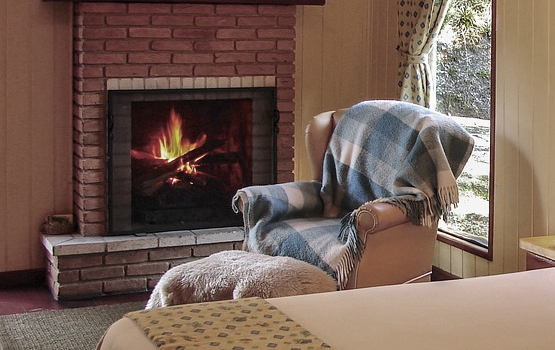Your Heating System
A heating system converts fuel into heat which then flows through a house. The efficiency of a heating system depends on the amount of fuel consumed to meet heating needs. Using less fuel means your system has increased its energy efficiency.
Check Your Heating System First
One way to maximize output using the least amount of fuel is to reduce air leakage. Before deciding to replace or upgrade your present heating system you will have to consider how much of your present system can be saved. Can the boiler or furnace be salvaged by tuning or retrofitting? Are the heating ducts or water distribution pipes in good condition? Heating system work can be very inexpensive or quite costly depending on how much efficiency you want to buy.
Oil and gas fired furnaces require a constant supply of air to operate, because fire needs oxygen to burn. Air is also needed to exhaust the products of combustion up the chimney. Sometimes a furnace may become starved for air because household air is being rapidly expelled from the house through other routes such as a roaring fireplace, an upper-level window left open, a clothes dryer or exhaust fan left operating continuously.
An air-starved furnace can cause carbon monoxide to buildup in quantities that can be dangerous.
Warning signs of inadequate ventilation are stuffy atmosphere, lingering odors from incomplete combustion, back drafts and smoking fireplaces. Additional ventilation can sometimes be required in houses with heating systems that require little or no indoor air, electrically heated homes, homes with chimney-free condensing furnaces, or houses with a fuel burning furnace enclosed in a room with air for combustion from the outside. Furthermore, super energy-efficient houses usually require special ventilation.
Note: If you think you might be having problems with household air supply, contact a registered heating contractor for advice. If the problem turns out to be inadequate air supply, the contractor will be able to find ways to bring in outside air. There are specific requirements for this which depend on the type of system you have.
Read related information: Improving Heating Efficiency
Source: Ontario Real Estate Association
HELPFUL LINKS:
- FREE Reports & Articles
- Heating Tips
- Carbon Monoxide Poisoning
- Prevention is the Key to Avoiding Carbon Monoxide Poisoning
- Improving Heating Efficiency
- Make the Necessary Improvements
- Quick & Easy Ways to Spruce Up Your Home
- Bathroom Makeovers
Windows & Doors
Worn and torn weather stripping around windows and doors waste energy when heating and cooling your home. Since 6 to 10 percent of a home's energy loss occurs around windows and doors without proper airtight seal, it is good idea to check for drafts by holding a lit candle around window frames and doors. If candle flickers, you have a draft and need to replace or install weather stripping and caulking around windows and doors. It is also good idea to add a door sweep. Read more...
Heating Tips
Programmable thermostats can help you cat your energy bill by 10 percent or more. They can be set to automatically turn down the temperature for any number of hours during a day or night, either when you're not home or when you're sleeping. They are now cheaper than ever, with models starting under $30. Also, make sure your thermostat is on the right wall.
Read more...

